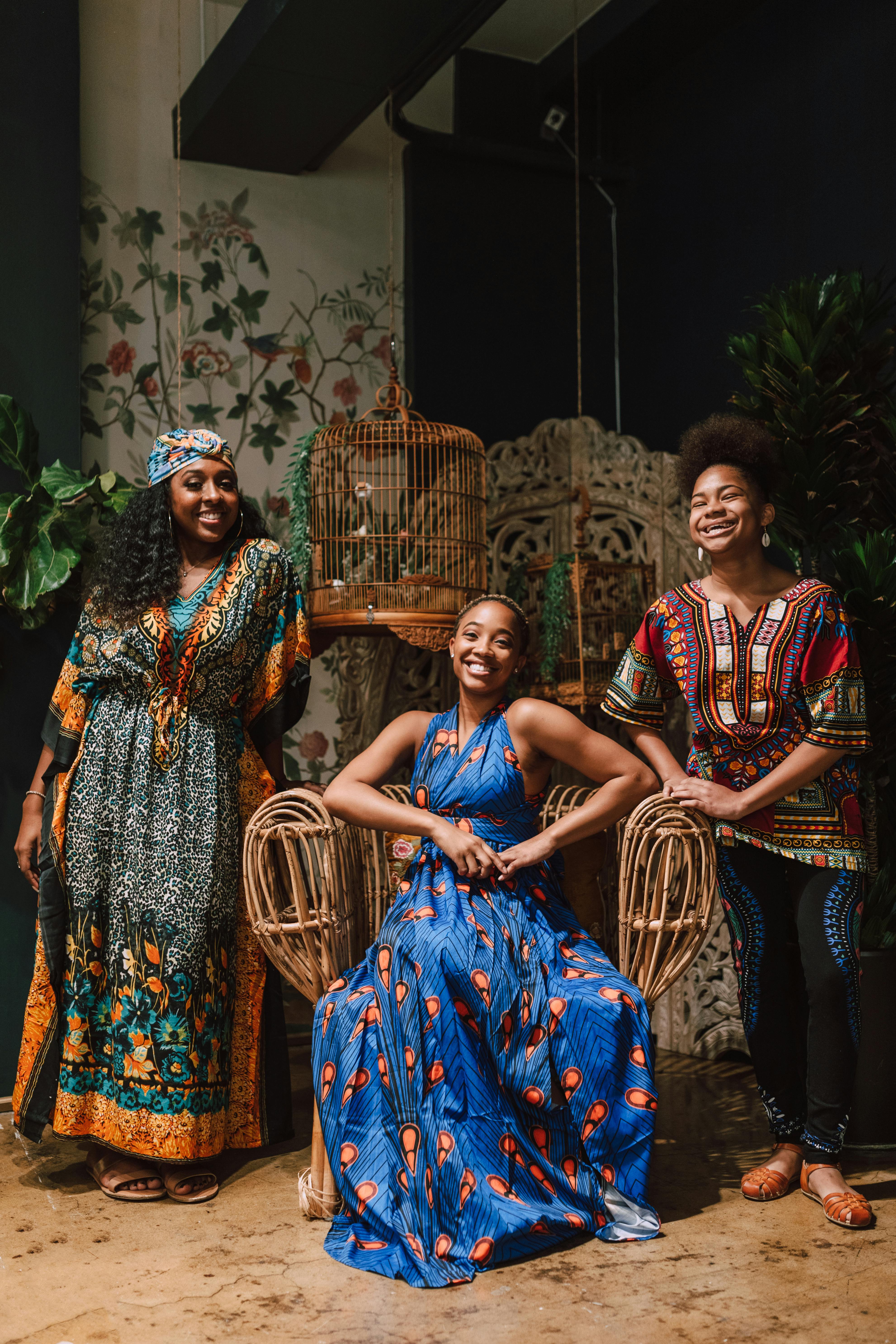
Historical Context: Understanding the African Diaspora
The African diaspora traces its origins to a complex history of migration, displacement, and resilience. From the transatlantic slave trade to contemporary voluntary migration, the diaspora encompasses a vast array of experiences and stories. In the 16th to 19th centuries, millions of Africans were forcibly transported to the Americas, where they endured unimaginable hardships but also laid the foundation for vibrant, enduring cultures. This forced migration left an indelible mark on the societies of the Americas, Europe, and beyond, contributing significantly to their demographic, cultural, and economic landscapes.
As the centuries progressed, the nature of the African diaspora evolved. Post-colonial movements in the mid-20th century saw a new wave of African migration, driven by the pursuit of education, political refuge, and economic opportunities. These migrants carried with them a profound sense of cultural identity and a desire to contribute to their new communities while maintaining strong ties to their homelands.

Their experiences added new layers to the diaspora, highlighting the dynamic interplay between heritage and adaptation.
Today, the African diaspora is a global network of individuals and communities connected by shared ancestry and cultural heritage. It is characterized by its diversity, encompassing people of African descent living in North and South America, Europe, Asia, and the Middle East. This modern diaspora is not only a testament to the enduring strength and resilience of African peoples but also a vibrant force in global cultural and economic affairs. The stories of entrepreneurial success emerging from the diaspora are a reflection of this rich and multifaceted history.
Key Characteristics of African Diaspora Entrepreneurs
Entrepreneurs of the African diaspora are distinguished by their unique blend of innovation, cultural pride, and resilience. These trailblazers often draw upon their heritage as a source of inspiration and strength, infusing their ventures with a distinct cultural essence.

This connection to their roots not only sets them apart in the global marketplace but also fosters a sense of community and solidarity among them. For many, entrepreneurship is a means to honor their ancestors' legacy and contribute to the socio-economic development of their countries of origin.
One of the defining characteristics of African diaspora entrepreneurs is their ability to navigate and bridge multiple worlds. They often possess a deep understanding of both their native and adopted cultures, allowing them to create products and services that resonate across diverse markets. This bicultural fluency enables them to innovate in ways that are culturally relevant and globally appealing. It also allows them to identify and exploit niche markets that may be overlooked by others, leading to unique business opportunities.
Moreover, these entrepreneurs are frequently driven by a strong sense of social responsibility. Many are committed to addressing issues such as economic inequality, education, and healthcare within their communities.
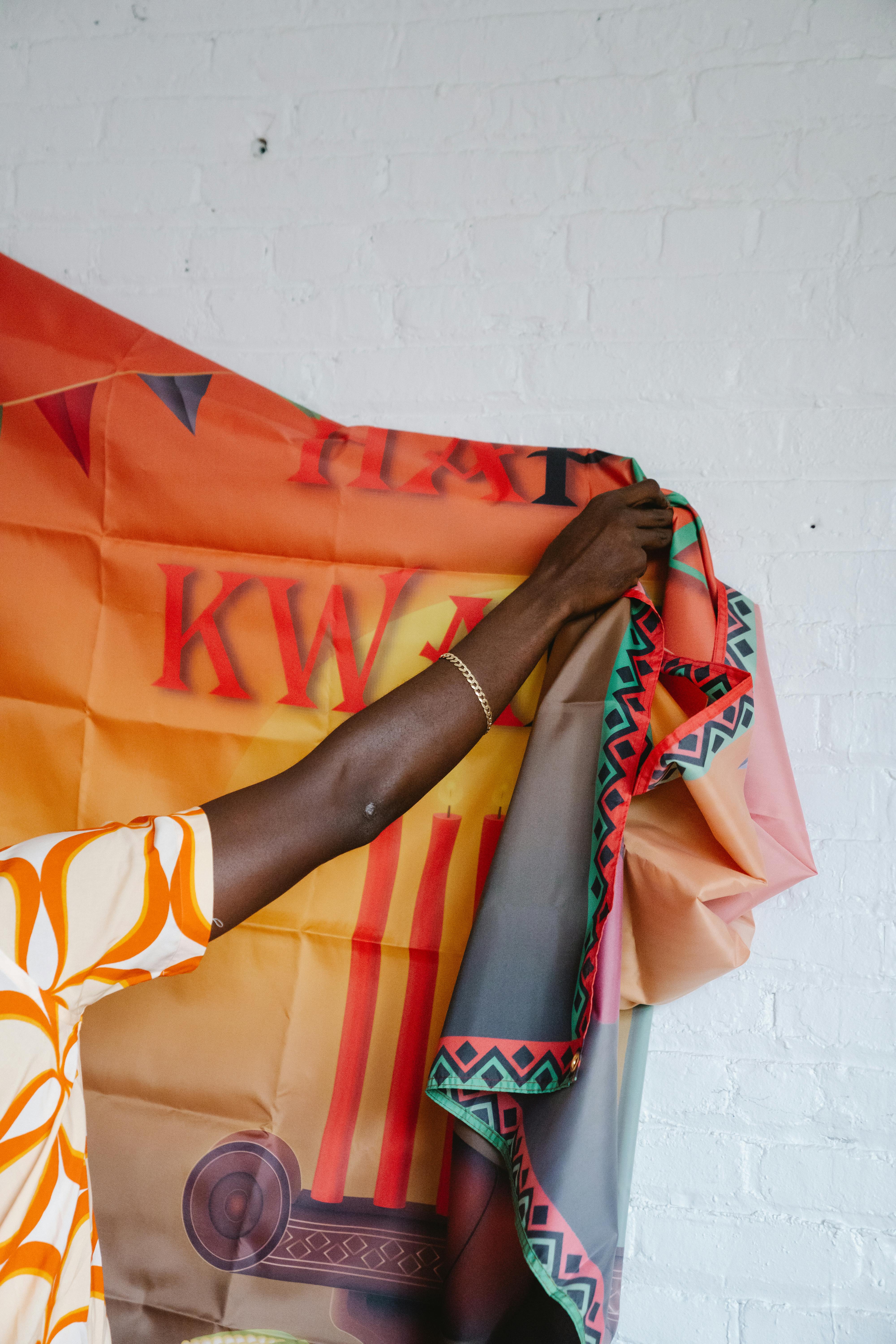
By leveraging their businesses as vehicles for social change, they strive to create positive impacts that extend beyond financial success. This commitment to social entrepreneurship is a testament to their deep-rooted values and their desire to give back to their communities. It also exemplifies how cultural identity can be a powerful catalyst for innovation and positive change.
Breaking Barriers: Overcoming Challenges in Global Business
Despite their remarkable achievements, African diaspora entrepreneurs often face significant challenges in the global business landscape. Structural barriers such as limited access to capital, discriminatory practices, and lack of representation in certain industries can hinder their progress. However, these trailblazers demonstrate extraordinary resilience and resourcefulness in overcoming these obstacles. They leverage their networks, both within the diaspora and beyond, to access resources, mentorship, and support that can propel their ventures forward.
One of the key strategies employed by these entrepreneurs is the creation of collaborative ecosystems.

By forming alliances with other diaspora members, they build robust support systems that can provide funding, expertise, and market access. These networks often operate on principles of mutual aid and collective advancement, reflecting the communal values that are central to many African cultures. Such ecosystems not only enhance individual success but also contribute to the overall growth and empowerment of the diaspora community.
Innovation also plays a crucial role in breaking down barriers. African diaspora entrepreneurs are known for their ability to think creatively and adapt to changing circumstances. They often turn challenges into opportunities by developing solutions that address specific needs within their communities. For example, fintech startups led by diaspora members are transforming financial services in Africa by providing access to banking for the unbanked. Similarly, health tech innovations are improving healthcare delivery in underserved regions. These entrepreneurial endeavors illustrate how adversity can fuel ingenuity and drive impactful change.

Nurturing Cultural Roots Through Business
Maintaining a strong connection to cultural roots is a central theme for many African diaspora entrepreneurs. They consciously integrate elements of their heritage into their business practices, products, and branding. This cultural infusion not only differentiates their offerings in the global market but also serves as a source of pride and identity. By celebrating their heritage through their ventures, these entrepreneurs contribute to the preservation and promotion of African cultures on a global scale.
One notable example of this cultural integration is seen in the fashion industry. Designers of African descent are increasingly gaining international recognition for their work, which often incorporates traditional African textiles, patterns, and craftsmanship. Brands such as Maki Oh, founded by Nigerian designer Amaka Osakwe, and Studio 189, co-founded by Ghanaian-American Abrima Erwiah and Rosario Dawson, are celebrated for their innovative designs that honor African heritage.

These fashion entrepreneurs are not only making a mark in the industry but also challenging and redefining global perceptions of African aesthetics.
Food and beverage ventures also provide a rich canvas for cultural expression. African diaspora entrepreneurs are introducing global audiences to the diverse culinary traditions of the continent. Restaurants, food trucks, and packaged food brands featuring African-inspired flavors and ingredients are gaining popularity worldwide. For instance, companies like Essie Spice, founded by Ghanaian-American Essie Bartels, offer unique spice blends that bring the flavors of West Africa to international kitchens. These culinary enterprises serve as ambassadors of African culture, fostering cross-cultural appreciation and understanding.
Building Global Enterprises: Success Stories
The impact of African diaspora entrepreneurs is evident in the numerous success stories that have emerged across various industries. These trailblazers have built global enterprises that not only achieve financial success but also make meaningful contributions to society.

Their journeys are marked by a combination of visionary leadership, strategic innovation, and a deep commitment to their cultural roots.
In the technology sector, African diaspora entrepreneurs are making significant strides. Companies like Andela, co-founded by Nigerian entrepreneur Iyinoluwa Aboyeji, are revolutionizing the tech landscape by connecting talented African developers with global opportunities. Andela's innovative model addresses the talent gap in the tech industry while creating high-quality job opportunities for African youth. The company's success underscores the potential of leveraging local talent to meet global demands, and it highlights the transformative power of tech entrepreneurship within the diaspora.
The creative arts sector also boasts impressive achievements by African diaspora entrepreneurs. In the film industry, directors like Ava DuVernay and Steve McQueen have garnered critical acclaim and international recognition for their work. Their films often explore themes related to the African diaspora experience, shedding light on historical and contemporary issues.
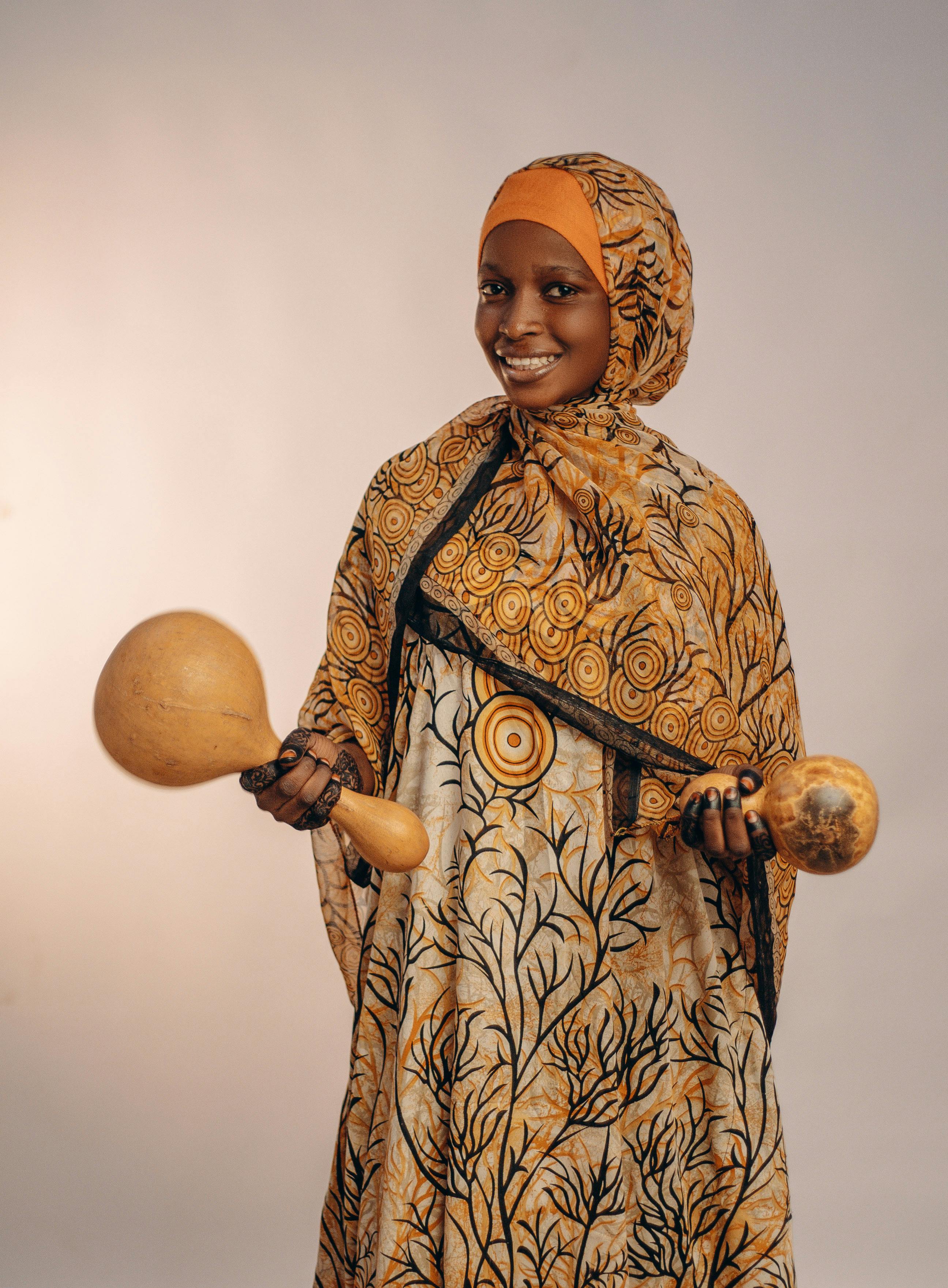
Through their storytelling, they not only entertain but also educate and inspire audiences around the world. Their success demonstrates the profound impact that culturally resonant content can have on global audiences.
The Role of Education and Mentorship
Education and mentorship are pivotal in the success stories of many African diaspora entrepreneurs. Access to quality education equips individuals with the knowledge and skills needed to navigate the complexities of the global business environment. Many diaspora entrepreneurs have benefited from educational opportunities abroad, which have broadened their perspectives and provided them with valuable networks. These experiences often serve as a springboard for their entrepreneurial endeavors.
Mentorship, on the other hand, offers guidance, support, and encouragement that can be crucial in the entrepreneurial journey. Seasoned entrepreneurs and industry experts within the diaspora often take on mentorship roles, sharing their insights and experiences with emerging entrepreneurs.

This intergenerational exchange of knowledge helps to foster a culture of continuous learning and growth. It also reinforces the communal values of the diaspora, where success is viewed as a collective achievement.
Initiatives aimed at supporting education and mentorship within the diaspora are increasingly gaining traction. Programs such as the African Diaspora Network's Builders of Africa's Future and the Tony Elumelu Foundation's Entrepreneurship Programme provide funding, training, and mentorship to budding entrepreneurs. These initiatives play a vital role in nurturing the next generation of African diaspora leaders, ensuring that they have the tools and resources needed to succeed. They also highlight the importance of investing in human capital as a means of driving sustainable development.
Cultural Exchange and Global Influence
The influence of the African diaspora extends far beyond business and entrepreneurship; it encompasses a broader cultural exchange that enriches global society.
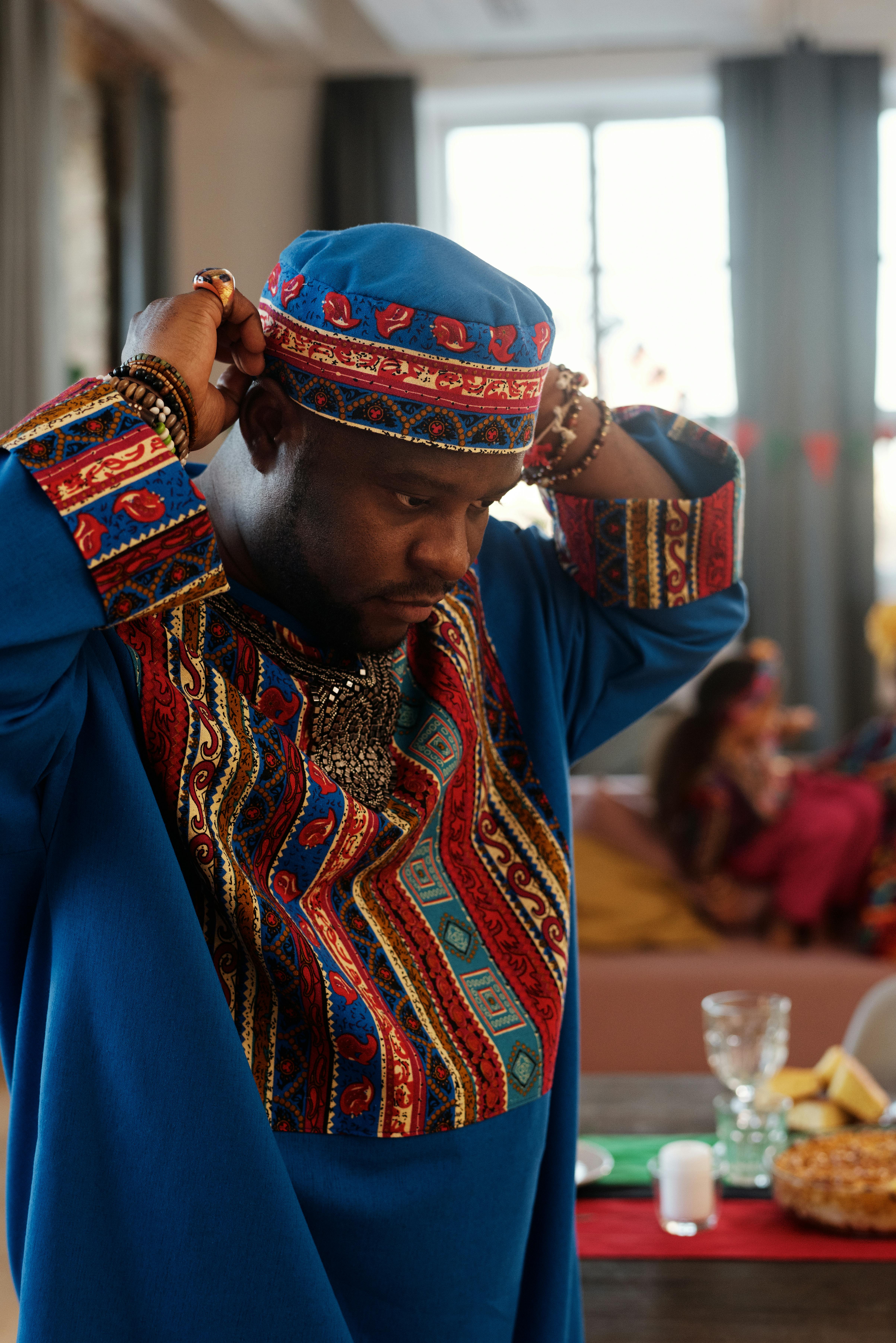
Through their artistic, culinary, and intellectual contributions, diaspora members are fostering greater appreciation and understanding of African cultures. This cultural exchange is a two-way street, as it also involves the adoption and adaptation of global influences within African contexts.
Music is one of the most powerful vehicles for cultural exchange within the diaspora. Genres such as Afrobeat, reggae, and hip-hop have their roots in African musical traditions and have evolved into global phenomena. Artists like Burna Boy, Wizkid, and Rihanna have achieved international stardom, bringing African sounds and rhythms to audiences worldwide. Their music not only entertains but also serves as a cultural bridge, connecting people across continents and fostering a sense of shared humanity.
Literature and academia also play a significant role in this cultural exchange. African diaspora writers and scholars are contributing to global discourse through their works, which often explore themes of identity, migration, and social justice.
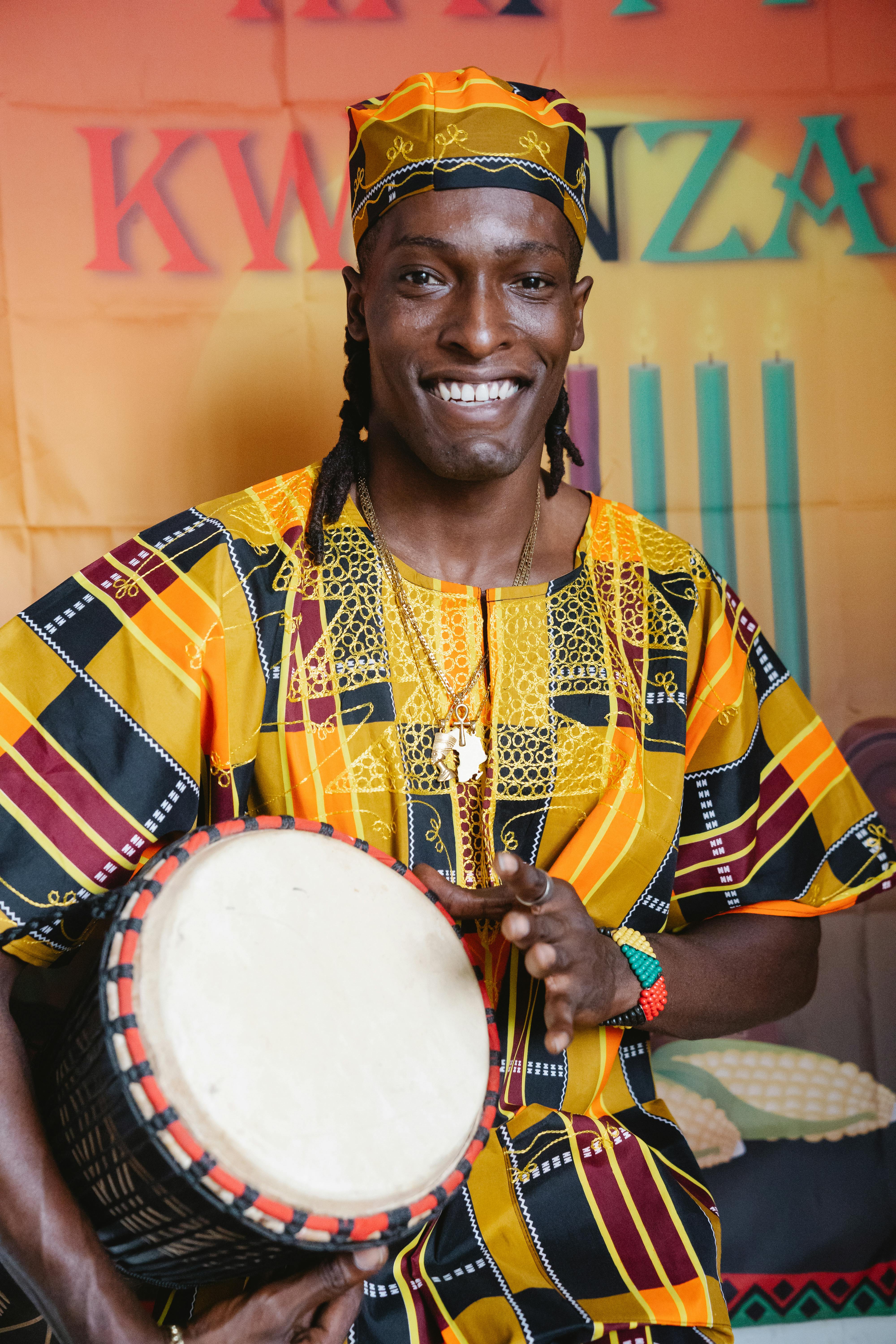
Authors like Chimamanda Ngozi Adichie and Ta-Nehisi Coates have garnered critical acclaim for their compelling narratives that resonate with readers globally. Their writings challenge stereotypes, provoke thought, and inspire dialogue, highlighting the richness and complexity of the African diaspora experience.
Future Opportunities and Challenges
Looking ahead, the future holds immense opportunities for African diaspora entrepreneurs. The rise of digital technologies, increasing connectivity, and growing recognition of the economic potential of Africa present a fertile ground for innovation and growth. Diaspora entrepreneurs are well-positioned to capitalize on these trends, leveraging their unique perspectives and networks to drive development in various sectors.
However, challenges remain. Structural inequalities, limited access to funding, and political instability in some regions can pose significant hurdles. Addressing these challenges will require concerted efforts from multiple stakeholders, including governments, financial institutions, and diaspora communities themselves. Policies that promote inclusive economic growth, provide access to capital, and support entrepreneurship can create an enabling environment for diaspora-led ventures to thrive.

Moreover, fostering a culture of collaboration and solidarity within the diaspora is crucial. By working together and supporting each other, diaspora entrepreneurs can amplify their impact and overcome common challenges. Initiatives that facilitate networking, knowledge sharing, and joint ventures can strengthen the diaspora's collective power. This collaborative approach can drive sustainable development and create lasting positive change for communities both within and outside Africa.
Conclusion
The African diaspora is a dynamic and powerful force in the global landscape, characterized by its resilience, innovation, and deep cultural pride. Entrepreneurs within the diaspora are breaking barriers and building global enterprises that reflect their unique heritage while contributing to the socio-economic development of their communities. Their stories are a testament to the transformative potential of combining cultural identity with entrepreneurial spirit.
By understanding the historical context and key characteristics of African diaspora entrepreneurs, we can appreciate the depth and diversity of their contributions.
Despite facing significant challenges, these trailblazers demonstrate extraordinary resilience and resourcefulness. They are not only achieving individual success but also fostering greater cultural exchange and global influence. Their impact is evident across various industries, from technology and fashion to music and literature.
As we look to the future, the opportunities for African diaspora entrepreneurs are vast. By addressing existing challenges and fostering a culture of collaboration, we can unlock the full potential of the diaspora to drive innovation and sustainable development. The stories of these trailblazing titans inspire us to envision a world where cultural pride and entrepreneurial spirit thrive hand in hand, paving the way for future generations to follow. Their journey is not just about business success; it is about creating a vibrant, interconnected world where heritage and progress are inextricably linked.
 Add Row
Add Row  Add
Add 




Write A Comment